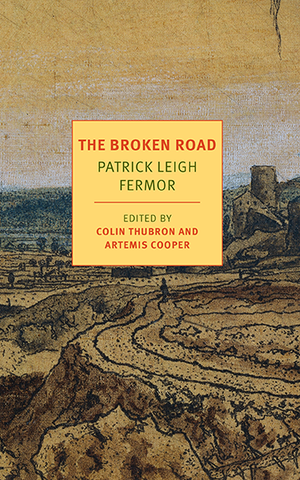

There is also a powerful thematic unity to the novel. Even the heroic figures have flaws and weaknesses, including the most tragic ideological weakness of all – believing that they are making sacrifices in a good cause.

Tyrants and bullies have moments of doubt and sentimental attachment. The most serious political issues are delivered alongside a sensitive apprehension of the everyday world. His narrative flows effortlessly from one character and one point of view to another. All his best work was produced in the last few years left to him, including his autobiography Memoirs of a Revolutionary and his two final novels The Case of Comrade Tulayev and Unforgiving Years.Ĭomrade Tulayev has a fluency, a confidence, and a consistency of tone that far surpasses his earlier works. His living conditions were impoverished and austere – but it was as if he found the psychological space in which to develop his mature style. He began the novel writing as an exile in Paris, continued it in Marseilles whilst waiting for an exit visa, wrote more in the Dominican Republic, and finished the book in Mexico where he spent the last seven years of his life. The Stalinist purges and show trials of the 1930sīy the time he came to write The Case of Comrade Tulayev Victor Serge had miraculously escaped the worst of political persecution in Europe.


 0 kommentar(er)
0 kommentar(er)
